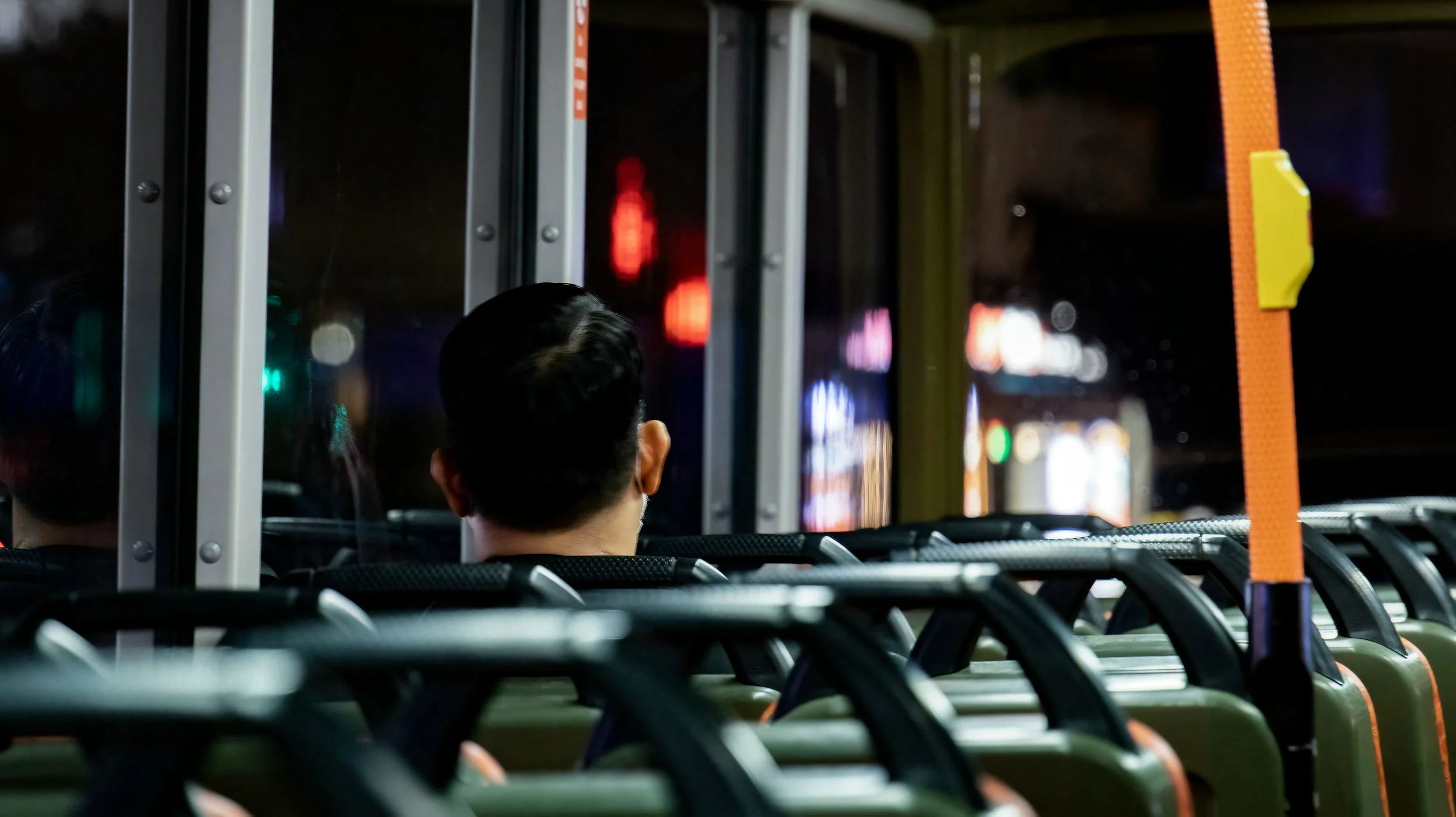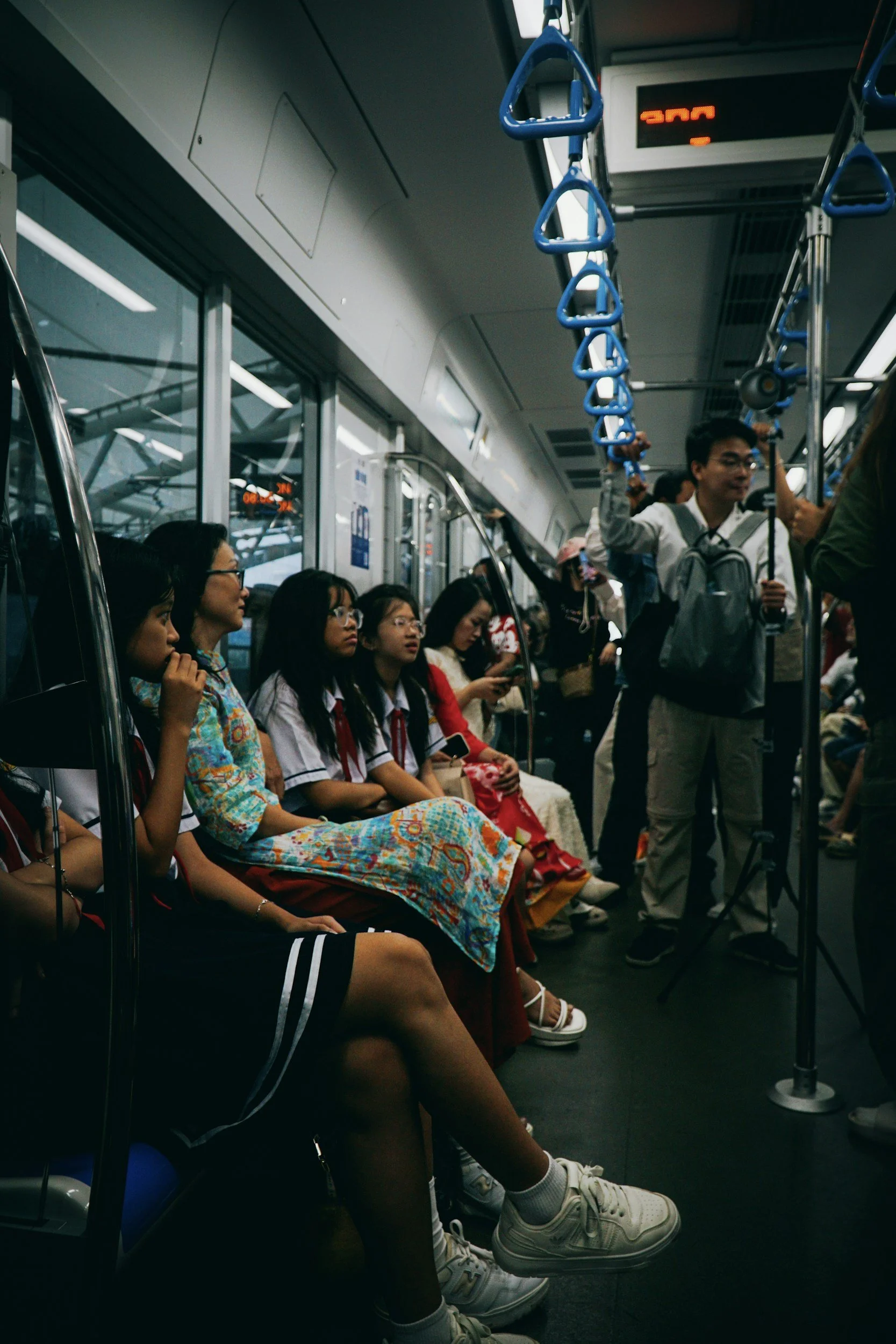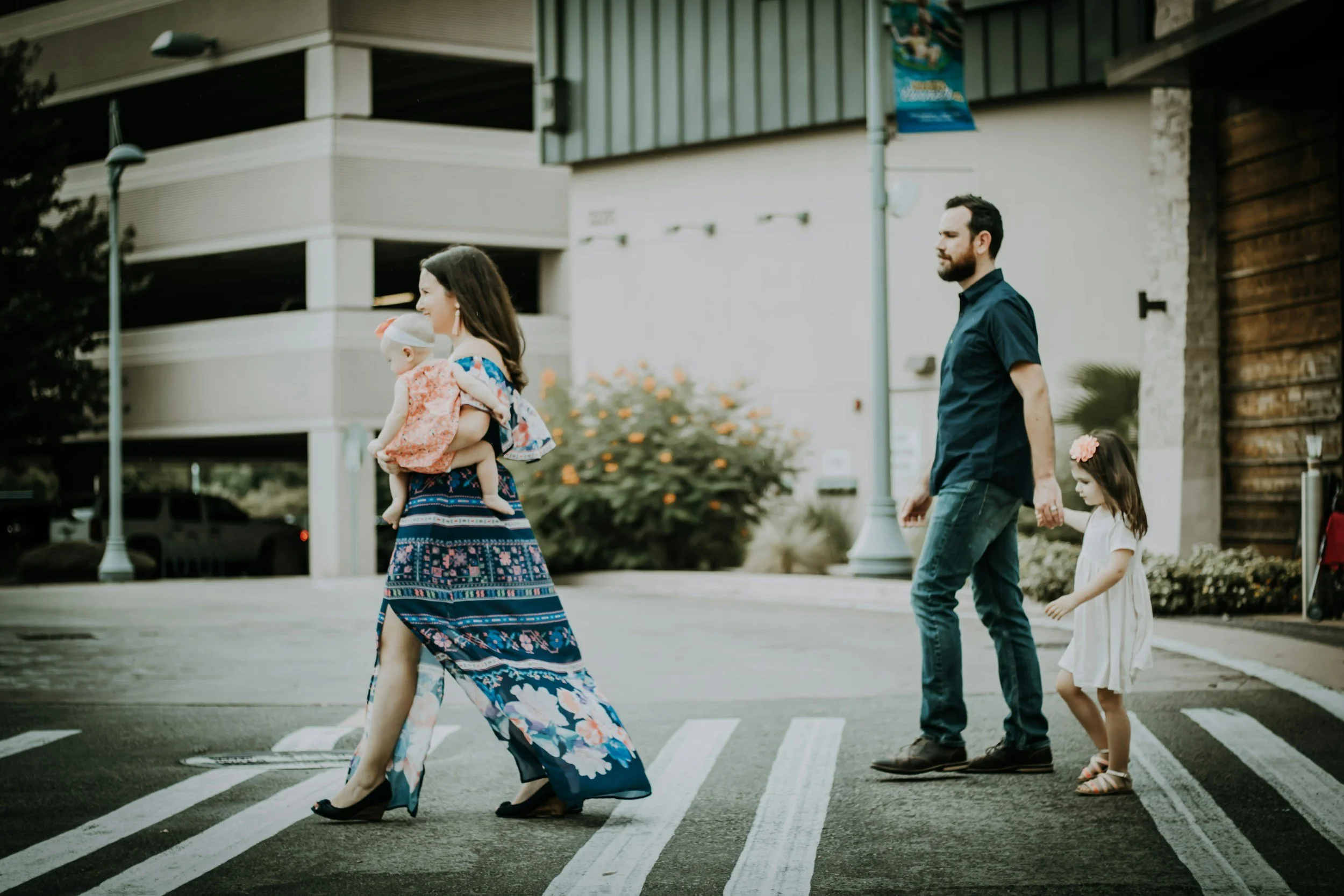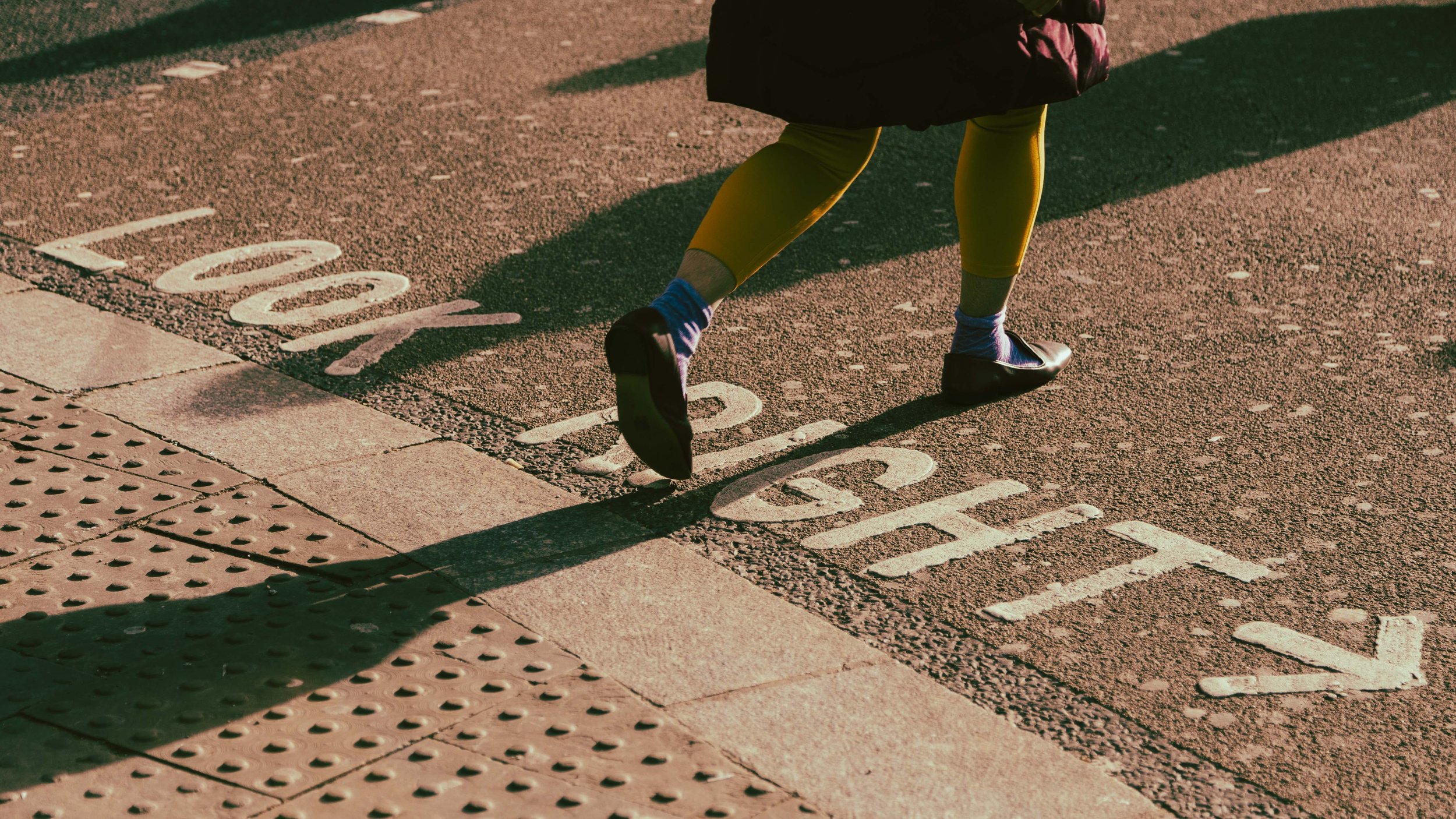
Annual passes for TheBus are set to increase by $110
Those in opposition argued that public transit is generally used by those from lower-income households, and that increasing bus fares would add to the struggles of Hawaiʻi’s high cost of living.

Honolulu City Council votes to raise public transit fares
The Council voted 6-3 — with Radiant Cordero, Matt Weyer, and Dos Santos-Tam dissenting — to adopt the new transit fares.

Honolulu bus, rail fares set to go up this summer
Council members voted Wednesday to boost the cost of an adult bus pass by $10 a month, along with other price hikes.

New online tool shows disparities between communities on basic needs
Annalisa Burgos asks Hawaiʻi Appleseed how its Economic Justice Data Dashboard can help focus government spending.

Hawaiʻi Appleseed launches new interactive Economic Justice Data Dashboard
The Economic Justice Data Dashboard provides a clear, visual snapshot of how communities at the state, county and legislative district levels are performing across interconnected areas of economic security.

New year, new parking law
As of January 1, a new Hawaiʻi law now requires drivers to park at least 20 feet away from any crosswalk or intersection.

Lighting the way to safer streets in Waipahu and ʻEwa
Residents in these Leeward neighborhoods are about to make their bus stops and crosswalks safer in a project led by the Hawaiʻi Appleseed Center for Law & Economic Justice, aided with federal grant money.

How parking spot mandates affect affordable housing in Honolulu
Parking mandates can have a large impact on affordable housing projects, according to a report by the Hawaiʻi Appleseed Center for Law & Economic Justice.

Parking mandates could raise Honolulu housing costs, new study finds
While the city of Honolulu has made changes to reduce parking requirements in Transit Oriented Development areas, Hawaiʻi Appleseed says that policy should be demand-based instead of a one-size-fits-all rule.

Can Hawaiʻi turn around another deadly year on the roads?
An executive order emphasizes enforcement and safety education, but data shows infrastructure is also a major factor in many fatal accidents.

State fund aims to get more kids walking to school. Will they be safer?
The funds won’t be released until early next year, but the transportation department is looking at ways to expedite processes so work can begin within four months of receipt.

Bill 53 would increase Oʻahu housing costs
Reinstating parking mandates for developers in Honolulu means choosing cars over people and asphalt over affordability.

Oʻahu wants to crack down on homeless bus riders
While part of the bill addresses homelessness in public transit—a feature of urban life almost everywhere—it lacks the coordination found in some other cities.

Economic prosperity rises from the bottom up
The Hawaiʻi Appleseed Center for Law & Economic Justice looks at the recent legislative session's hits and misses in this Community Voice column for Aloha State Daily.

Hawaiʻi Appleseed has a new executive director
Will White aims to build from the organization’s solid foundation to advance its mission of advocating for economic justice for Hawaiʻi's people.

Should jaywalking be allowed? State lawmakers are considering a pilot program
Hawaiʻi issues thousands of jaywalking tickets per year, but pedestrian fatalities are still on the rise, highlighting the need for better safety measures.

Registration tax could increase for Hawaiʻi vehicles over 4,000 pounds
State lawmakers are considering increasing the tax on registering large vehicles to fund the Safe Routes to School Program.

Promote safety, sound budgeting and equity through jaywalking reform
Senate Bill 106 presents an opportunity to modernize our pedestrian laws.

Hawaiʻi lawmakers are pushing for car-free fun zones—but not on Oʻahu
Some Oʻahu lawmakers worry the program could snarl traffic in their districts.

Are jaywalking tickets in Hawaiʻi doing more harm than good? A new report breaks it down
The report claims ticketing for jaywalking and other minor infractions doesn’t actually make streets safer, but instead shifts focus and resources away from more effective solutions, like better street design.
